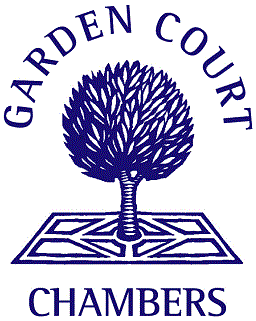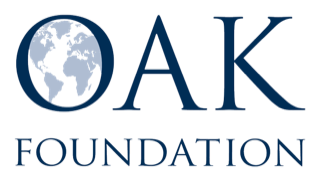Last Rights Publishes a New Report
Every Body Counts
A pandemic is by its very definition a global concern. It should not
matter where in the world a person finds themselves or on what basis,
in ensuring that everyone has access to their basic necessities, to
safety, healthcare and protection and is treated with dignity in death
as in life.
Respect for the right to health is a public good.
Every body counts because everybody counts
The following is a summary of this report:
Every Body Counts: Death, Covid-19 and Migration: Understanding the
Consequences of Pandemic Measures on Migrant Families
Over the last few months the Last Rights project has been speaking to
migrants in different parts of the world, both those who have a
recognized formal immigration status and those with none, to try to
establish an early picture of some of the many difficult issues facing
them during the global pandemic, including as a result of their
immigration status or lack of status. Difficulties arise for many
reasons such as lack of access to services, often dangerous front-line
occupations in the workforce and a generally precarious place in all
societies. In particular we wanted to achieve a much better
understanding of how migrant populations experience the traumas of the
Covid-19 pandemic: ultimately, death and bereavement, plus the ways in
which their abilities to support, mourn and lay to rest their loved
ones has been affected by their status or lack of it, and the
restrictions and barriers imposed on families separated by borders.
Poverty, overcrowding, lack of access to sanitation and healthcare,
affect millions of people the world over whatever their legal status
and nationality. But of additional concern are all those who are also
in temporary situations, lacking legal status, still in transit on
migration journeys or awaiting the resolution of refugee and migration
status determination procedures. People often wait in detention or in
restricted and inadequate reception conditions. Those who may be
living and working lawfully as temporary migrant workers or working
informally, are also affected. The pandemic hits everyone.
Under the cloak of emergency measures passed by authorities,
especially since 11 March 2020 when the pandemic was declared, many of
the privations and impacts of hostile border security environments
have continued not just unabated but have accelerated in some
countries.
The resulting report shines spotlights on experiences and identifies
gaps and obstacles unreported or hidden from mainstream attention.
The Last Rights Project, www.lastrights.net coordinated by the charity
Methoria, is a global project which promotes the rights of bereaved
missing and deceased migrants and calls on States and their agencies
to act in accordance with well-established international human rights
norms in establishing good practice in this regard.
This report is one of very few so far to focus on this hard to reach
and vulnerable population. Although not the result of wholly
traditional methods given that these are not traditional times, the
report has benefitted from the research of four experts in their
fields and the trust and confidence they have built with migrant
communities and those who work within them. They give a powerful voice
to bereaved families and articulate their sense of isolation, fear and
loss despite the need to conduct their research almost entirely
remotely and online.
From the outset, the intention has been to act quickly, in order to
make concrete, practical recommendations during the pandemic and in
advance of its undoubted further phases, in a way that we hope can
influence and improve the understanding of policy makers and
legislators, those with operational responsibilities, at
international, national and local level. The aim is to ensure that
migrant communities are not overlooked, not treated in a
discriminatory way, even if inadvertently.
In these days of the dead, when cultural traditions cannot easily be
followed, if at all, many of us will not be afforded the respect and
dignity in death or bereavement that we would wish for ourselves and
our loved ones, making it difficult or impossible for survivors to
mourn as is necessary, to achieve a degree of peace or consolation, to
move on as part of the living.
We call for practical measures to be put in place to overcome some of
the many obstacles and barriers faced by bereaved families and to
ensure that there is fairness, accountability and justice for migrant
families during and after the pandemic as societies begin to rebuild
their lives and economies as well as to mark, in reflection, both our
collective enormous struggle and inestimable loss.
The absence of a properly oriented and fair system relating to the
death of migrants during this pandemic has been exposed, but we are
still only scratching the surface of these inequalities. Key is to
recognise that in order to address the pandemic effectively in all its
manifestations, we have to act globally. Governments have a duty to
provide for and to protect every individual on their territory
irrespective of their status.
Every Body Counts presents over 100 recommendations including measures
especially for the dignified treatment of the dead and bereaved based
on the experiences of migrants and rooted in well-established
international human rights law that can and should be readily adopted
without delay by all governments and international agencies as well as
to help inform responses to inevitable similar global events in
future, whether of disease or other disaster.
The full report is here:
Every Body Counts: Death, Covid-19 and Migration: Understanding the
Consequences of Pandemic Measures on Migrant Families
ReFOCUS presents a new film:
Since 2014, over 20,00 people have died crossing the Mediterranean Sea
as well as the Evros river along the land border between Turkey and
Greece. Most were found without documents which makes identification
extremely difficult if not impossible.
ReFOCUS Media Labs
work with refugees and migrants on the Greek islands of Lesbos and
Samos, teaching media skills including film-making. They also work
elsewhere including , currently, at the border between Poland and
Belarus. We at Last Rights made links with Douglas Herman and Sonia
Nandzik of ReFOCUS Media Lab a while ago and are pleased to commend to
readers the film they issued in 2020 with the support of Minority
Rights International, that was conceptualized and made by refugees and
in which Last Rights participated. It has been shown at local film
festivals. Here is what ReFOCUS Media Lab say about the film:
“
Even After Death, our first feature film, presents the problem as handled by coroners
and forensic experts in different parts of Greece and the movement to
develop an internationally recognized system of human rights even
after death.”
The film was an official selection and slated for a world premiere at
the 2020 Movies That Matter Festival (Den Haag, Netherlands) but this
was postponed because of the pandemic. The film was shown recently at
the Human Rights Watch Film Festival in Berlin.
Press Release: Mytilini Declaration Signed
On the 11 May 2018, following two days of discussions between experts
from across the world, the Mytilini Declaration was agreed. We believe
this is a landmark in establishing the rights of and duties toward all
those who experience suffering because of the death or disappearance
of their loved ones as a result of migrant journeys and we now call
upon all countries and international bodies to ensure that these
rights are respected and that the standards contained in the
Declaration are implemented as a matter of urgency.
Here are the
Greek, French,
German,
Spanish,
Arabic,
Turkish
and
Italian
language versions. The English language version is the version that
was agreed at the expert drafting meeting and prevails in the event of
any differences arising.
Death and Disappearance
There is an urgent need to understand how international law can be
used to protect people’s rights in situations of border death and
loss, to recognise the rights of families and to define states’
duties in clear, practical, implementable terms. The movement of
people, through forced, internal displacement and across
international borders, is sadly part of everyday life and unlikely
to reduce.
According to the UN High Commissioner for Refugees (UNHCR), millions
attempting dangerous journeys are in need of international
protection, fleeing war, violence and persecution. Many others
crossing borders on ‘voluntary’ migrations risk their lives on
dangerous journeys and suffer the same fate.
Every year these global cross-border movements continue to exact a
devastating toll on human life both on land and at sea.
The International Organization for Migration (IOM) Missing Migrants
Project states that determining how many die or are killed is “a
great challenge”, that, at a minimum, 46,000 migrants have lost
their lives or have gone missing worldwide since 2000 and that the
actual number is no doubt greater given the many who are never
found. Reporting mechanisms on the African routes are lacking and
the number of deaths on the Central American routes is largely
undetermined. We also have very little idea of how many have
perished in the Gulf of Aden, the Bay of Bengal or the Andaman Sea.
By 13 February 2018 at least 589 people are known to have died in
the first two months of the year, 401 of those in the Mediterranean
area. Many were women and children. Many more remain missing.
Tragically deaths will continue to occur, in particular when States
and the international community as a whole fail to meet their moral
and legal commitments.
Unresolved Loss
Very many of those who have moved have fled war, conflict or
persecution. Whilst some of the dead have been counted, many more
are missing. The names of most of the dead and missing are not
known; their families have not been traced, and where bodies have
been found, they are often buried in unmarked graves. Families do
not know if a missing relative – a parent, spouse, brother, sister
or child – is alive or dead. As has been said by UN Special
Rapporteur, Agnes Callamard, in her August 2017 report
‘Unlawful death of refugees and migrants’
“This represents one of the great untold tragedies of this
catastrophe, one that triggers the responsibility of States to
provide dignity and accountability in death.”
Procedures for how the dead should be recorded, their mortal remains
identified, and families traced in situations of conflict are set
out in international humanitarian law. Drawing on international
human rights law, principles have been developed to protect the
rights of the missing and their families in other situations of
death and loss: enforced disappearance, internal displacement, and
humanitarian disaster.
But attention has yet to be given to the legal duties of states to
identify the dead, and to protect the rights of families in the
context of refugee flight and irregular migration. It is important
to clarify the steps states should take to investigate
disappearances and deaths, identify those who die, provide a decent
burial to the dead [whether or not they have been identified], and
trace their families, including their children. It is also important
to consider how and by whom data taken from bodies, and from
families whose relatives are missing, should be held, and under what
safeguards. This will involve a review of international law to
ascertain how it should apply, to identify gaps in its provisions
and propose measures to close those gaps, in the specific
circumstances of refugee and migrant death and loss.
Respect for Human Rights
We believe there is a pressing need for principles, minimum
standards and practical guidance, informed by international law,
which we now propose in a new protocol, setting out the steps which
states should reasonably be expected to take to record the missing,
recover, preserve, and identify the dead; to collect and retain
appropriate data to facilitate future identification; to enable
repatriation or decent and dignified burial and to respect the
rights of family members, including their right to know the fate of
relatives who are missing or who have died. The aim of the Protocol
is to assist states, civil society, and others, including those
working in the field, to respond to these tragedies in ways which
respect human rights and human dignity.
These international guiding principles will draw on experience and
knowledge gained from events arising in the course of the current
refugee and migrant flows across the Mediterranean region and also
upon the experience and knowledge of other human rights
organisations across the world in regions such as Central and
Southern America, Africa and Australia, as well as garnering better
understanding of identification and recovery work from other
non-migration traumatic events in places such as Argentina, Japan
and Ukraine.
It is intended that these guidelines will have a wide reach
internationally and act as a catalyst for action, including by human
rights organisations which have not been engaged with these issues
to date.
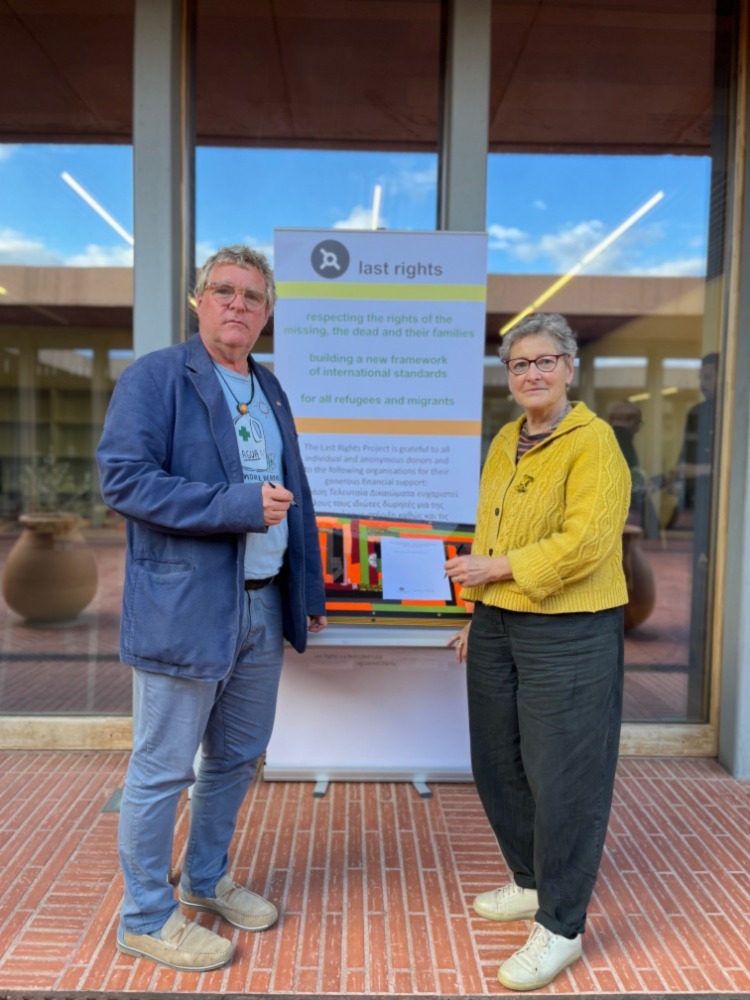
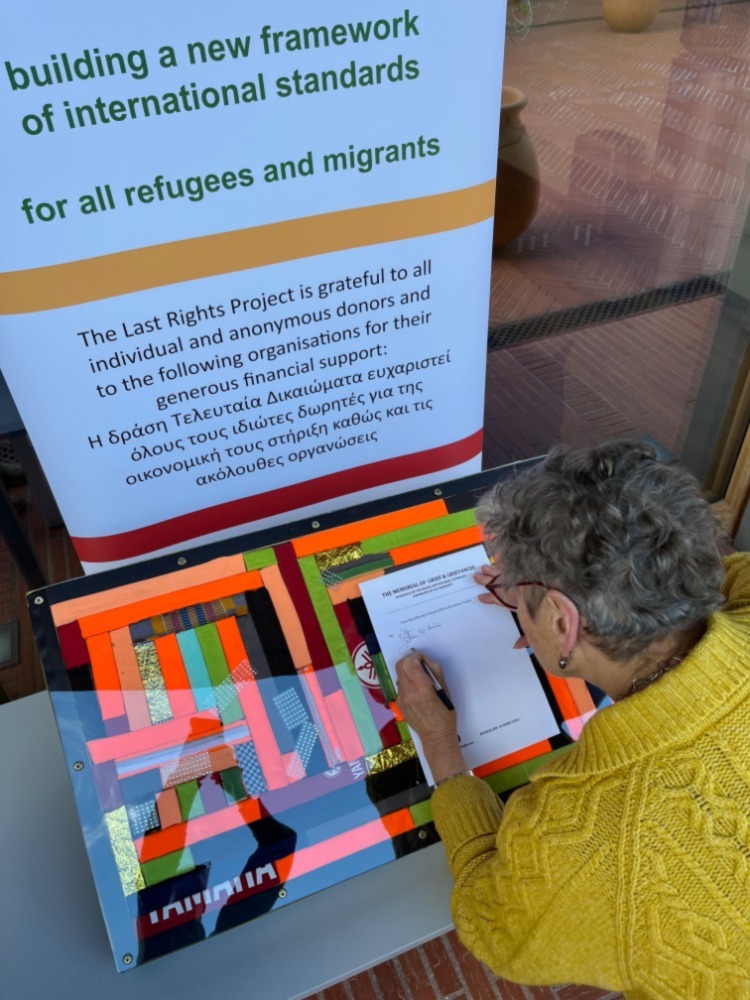
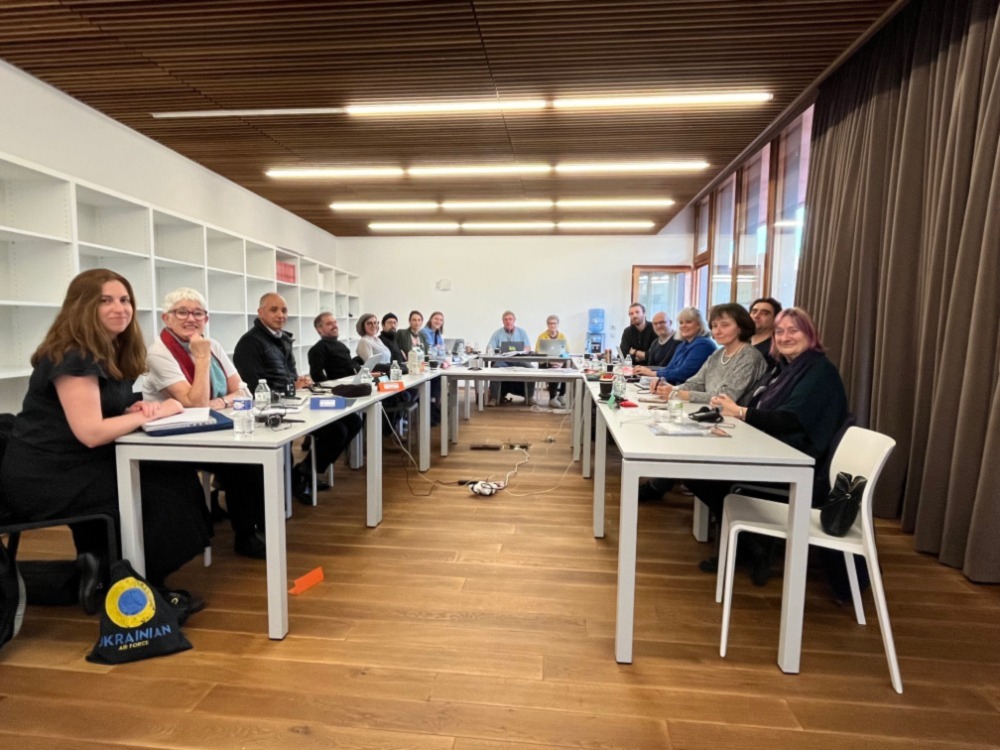
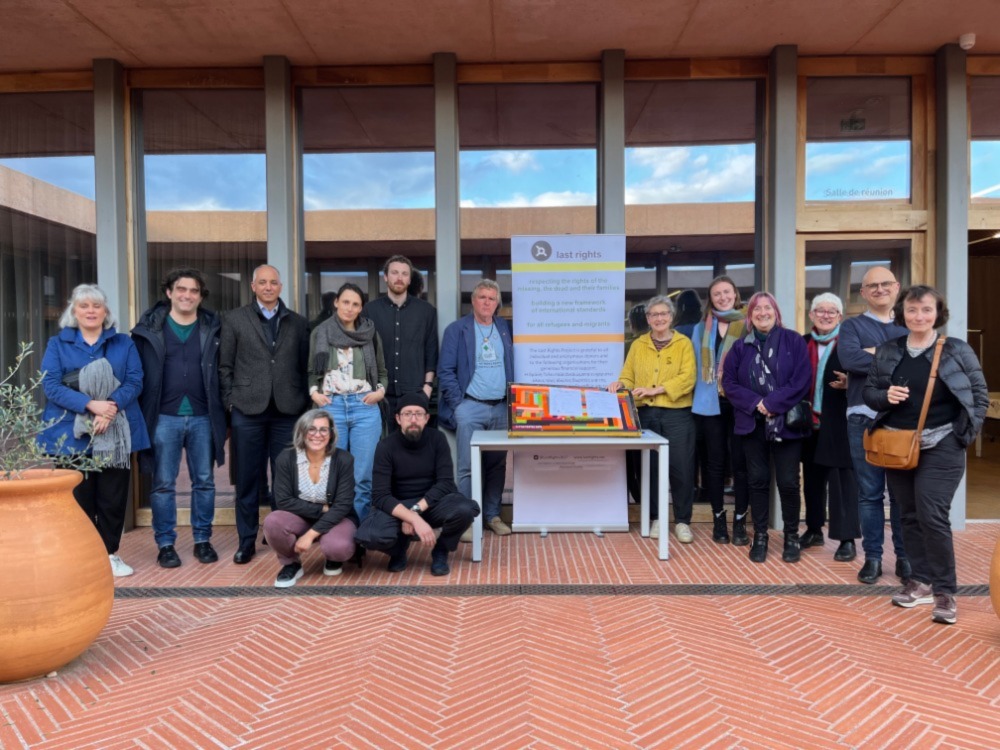
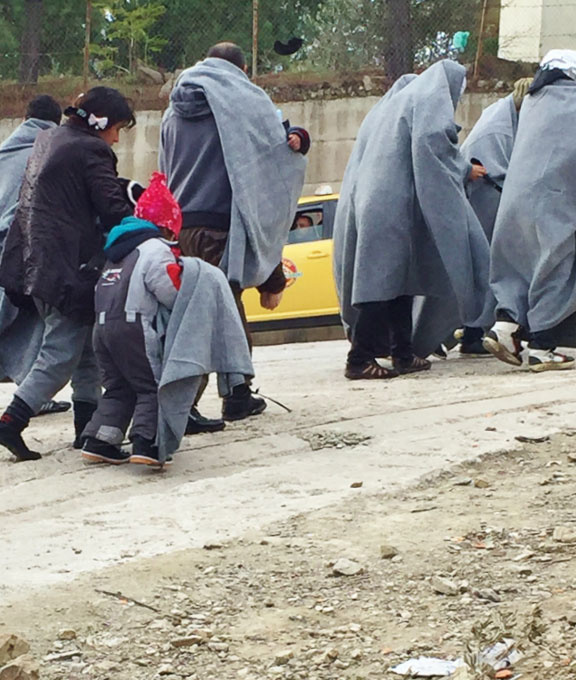
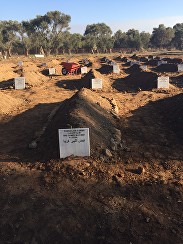
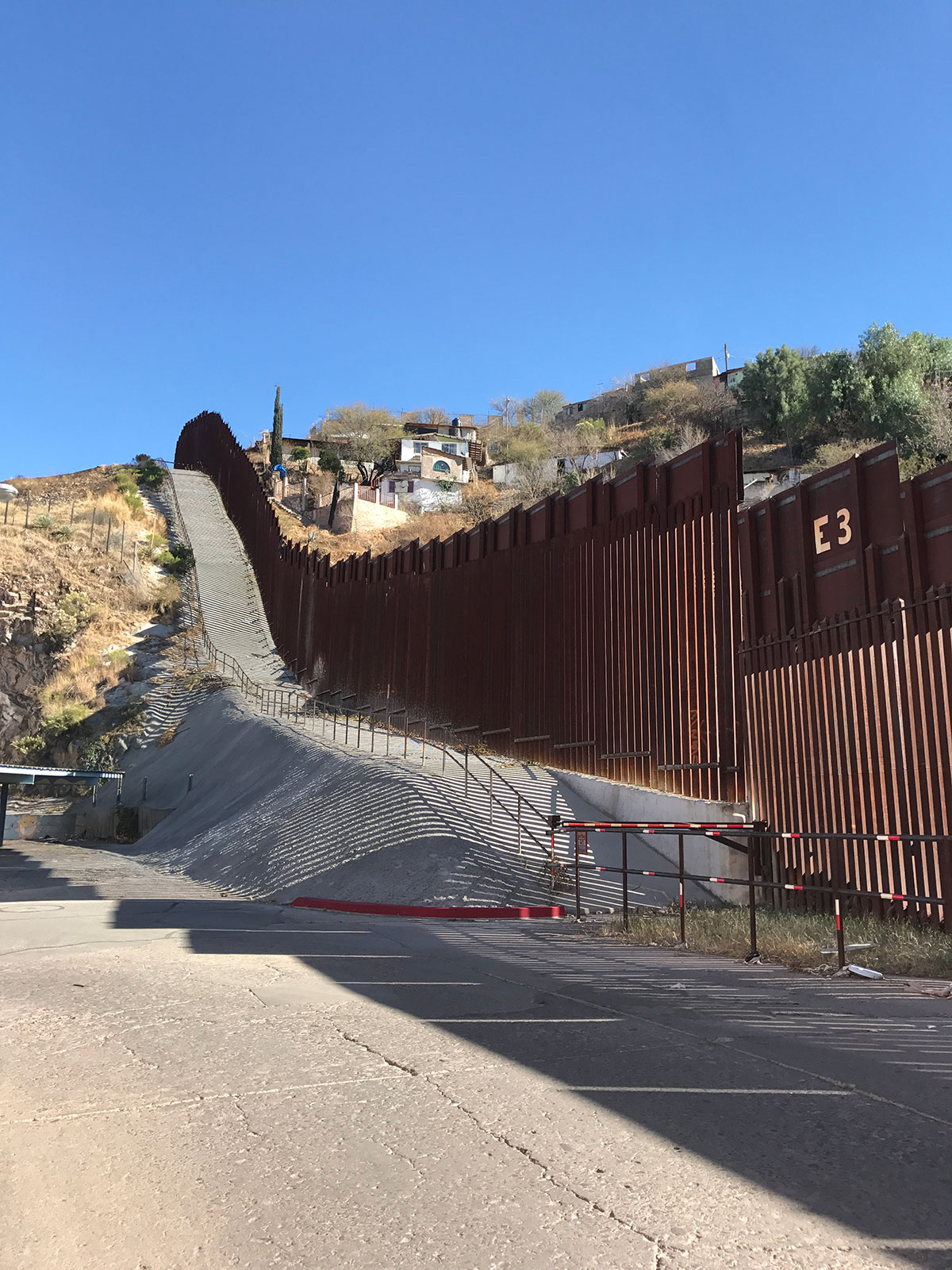
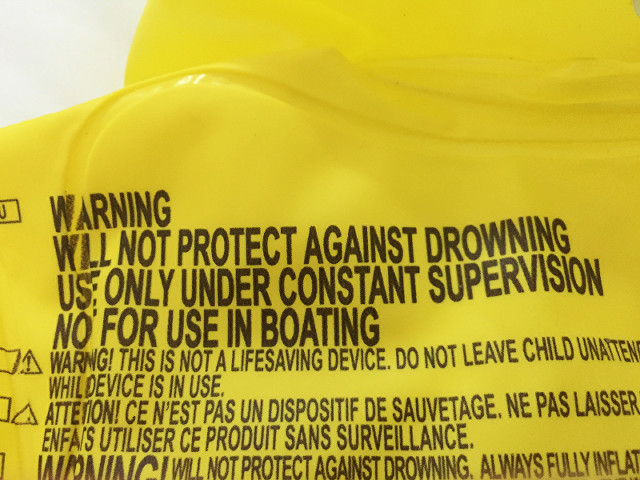
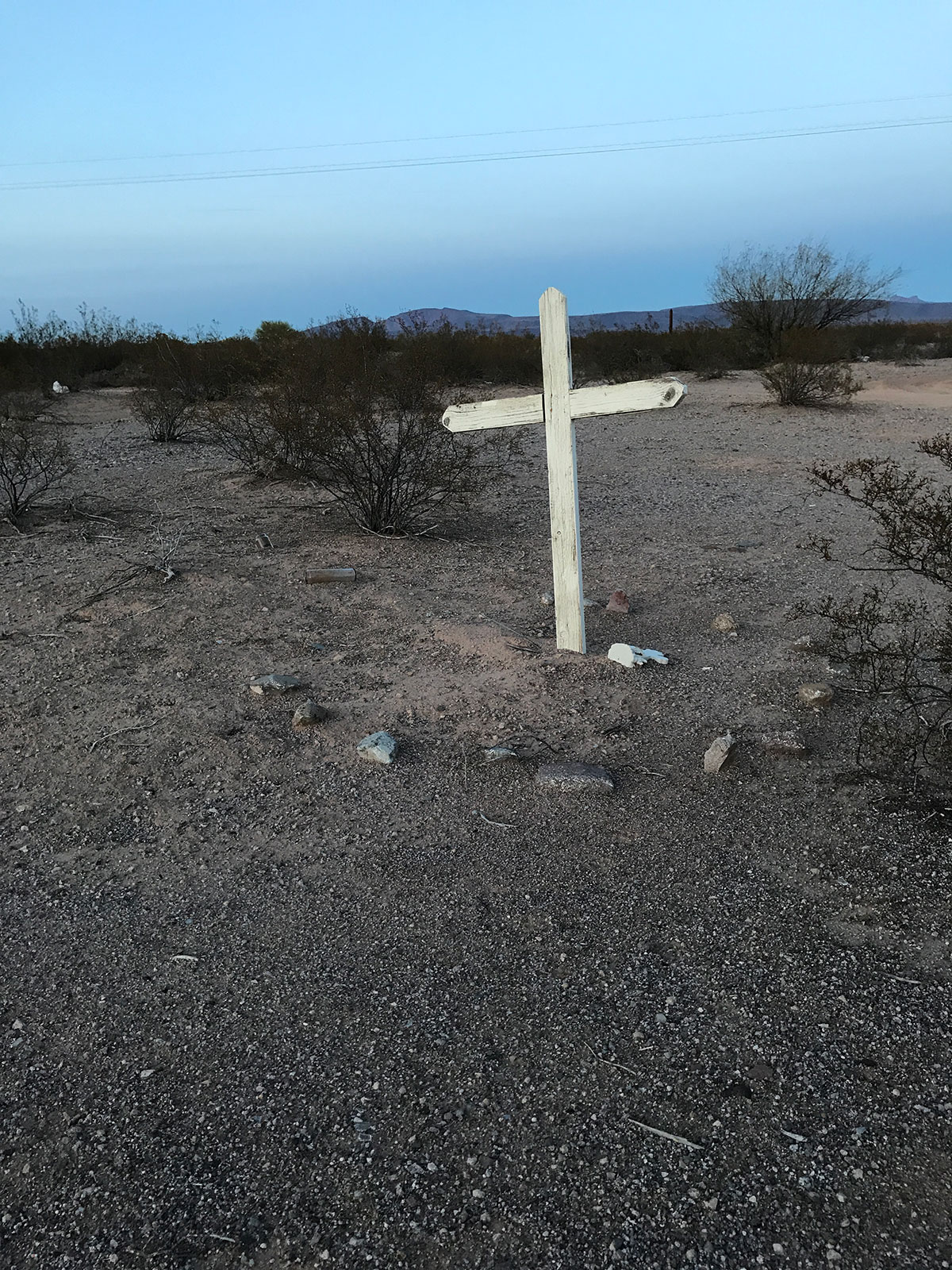
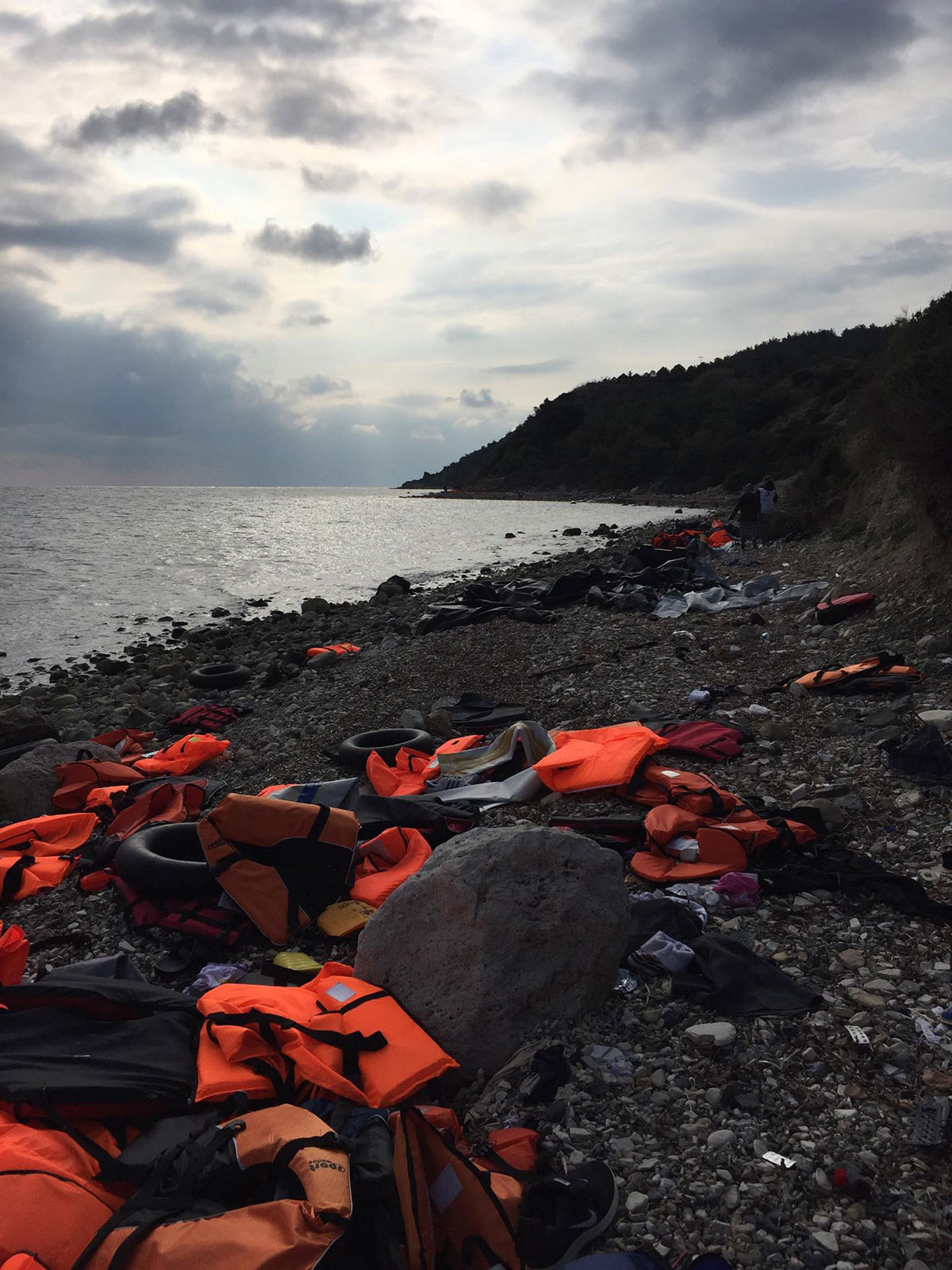
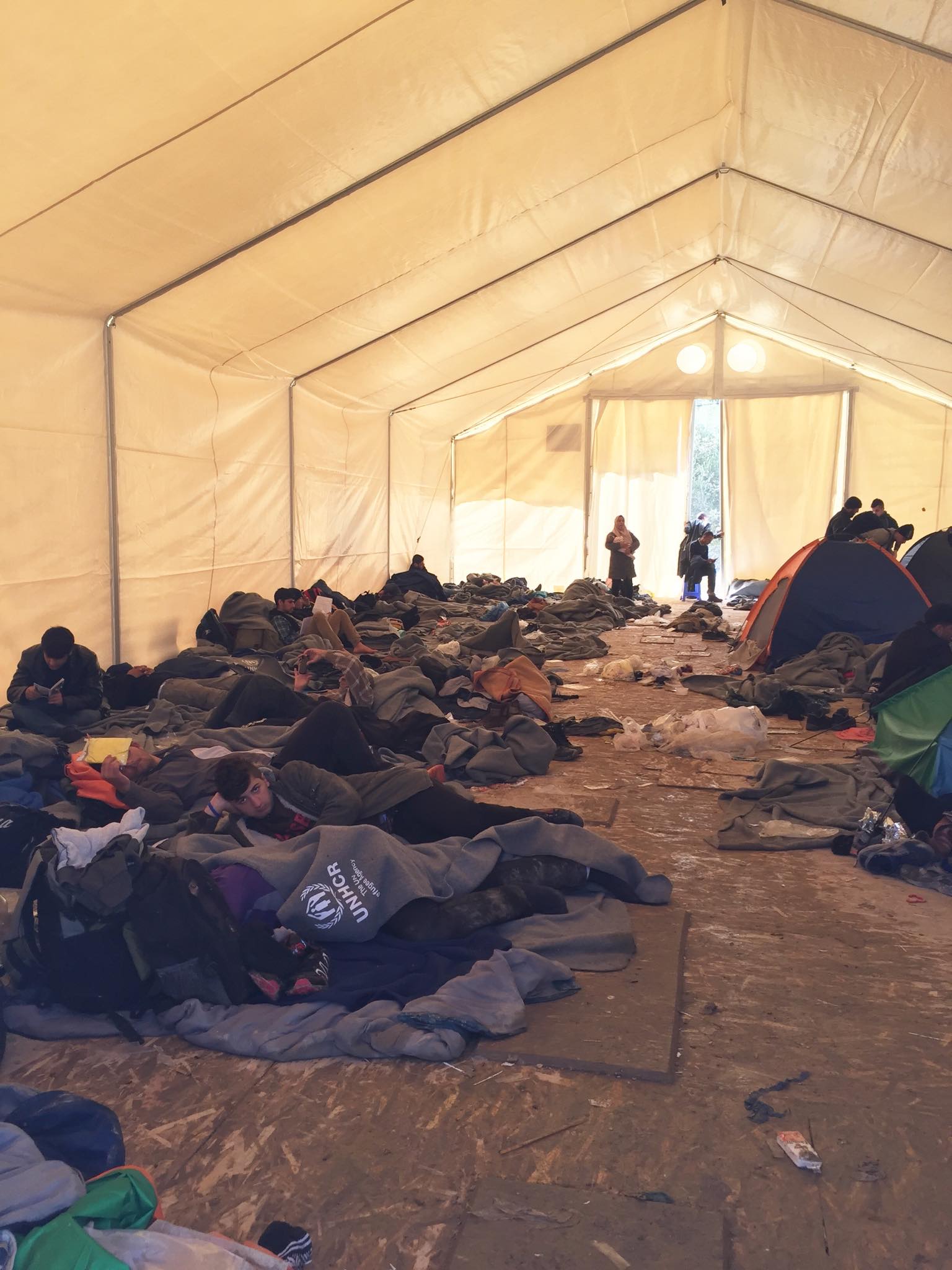
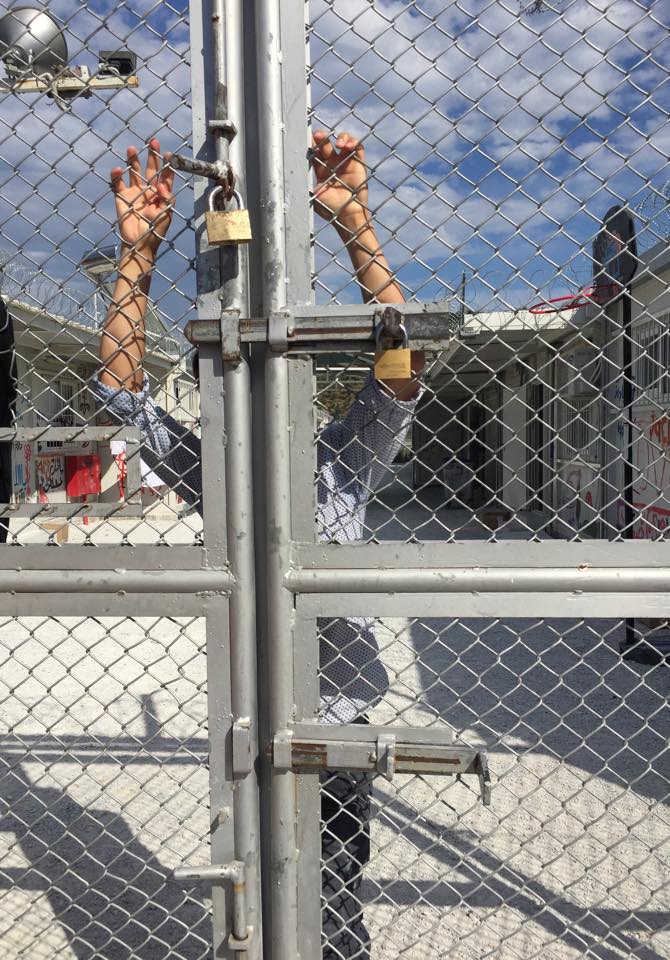
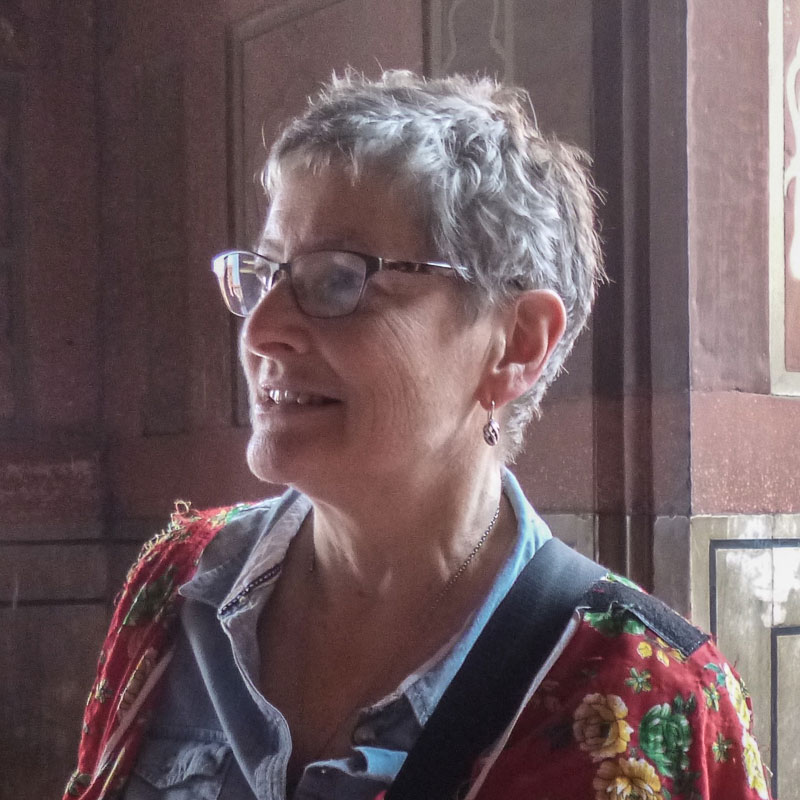 Catriona Jarvis LLM, MA
Catriona Jarvis LLM, MA
 Syd
Bolton
Syd
Bolton
 Danai Angeli
Danai Angeli




